Luckily, my flight from Moscow arrived on time, so I had roughly 6 hours in Shanghai before getting on my next flight. Beforehand, I had already planned to visit the Propaganda Art Museum which I had missed last time in Shanghai. The museum is one of those weird foreigner experiences you only can get in China. Upon arriving at the housing block, before even entering the area, a guard came up to me and handed me a map to find my way to the museum which is in the basement of a residential area block. Arriving there, you will meet a women that chargers you 25CNY, roughly 4 USD, as you enter into a basement filled with posters over posters.
The collection of 6000 posters showed a excerpt starting at around 1930 all the way up to 2000ish. While progressing through the gallery, you will slowly notice, through reading the descriptions, that back then, propaganda art was one of the very, if not the most, influential form of propaganda in China. Even more so, it changed heavily over the decades. Interestingly, already back then, China tried to influence domestic politics of foreign countries, for example when a poster depicted the anti-war movement and a call for the Chinese people to support them. Of another interests was also the development of the Chinese-Russian relationship over time. Finally, the worshipping of Mao is a common theme among the posters. This collection is unique and probably does not exist anywhere else in the world. Its message is quite powerful and I recommend anyone in Shanghai to take off some 3 hours to visit it before the government or other circumstances shut it down. I really hope they have safely stored copies outside the country.
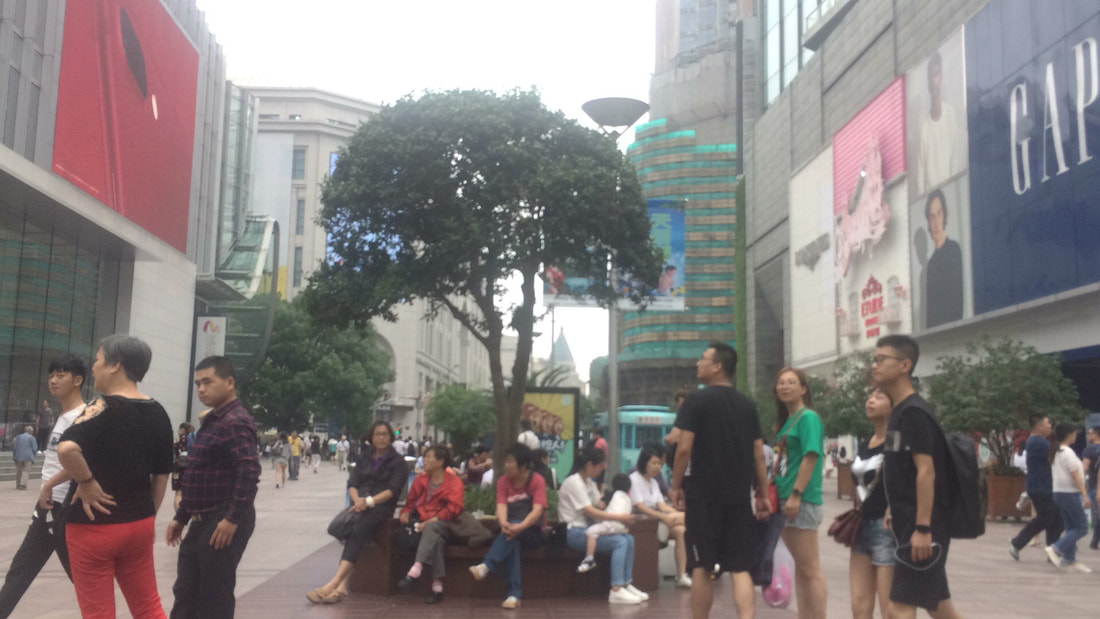
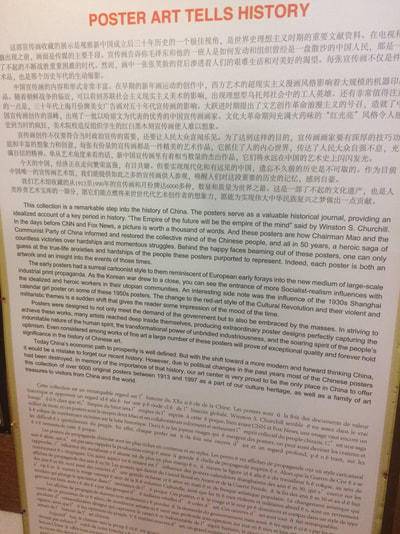
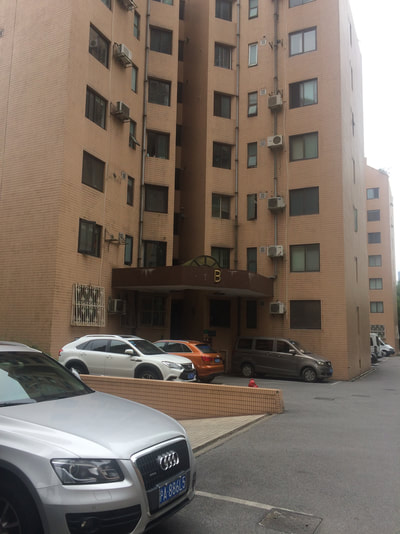
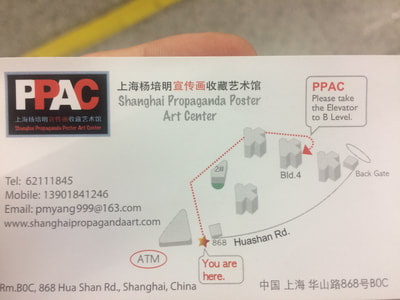

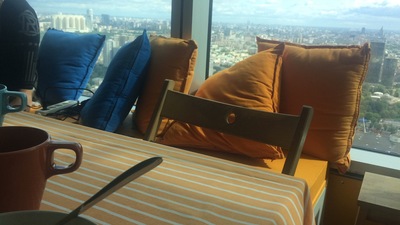
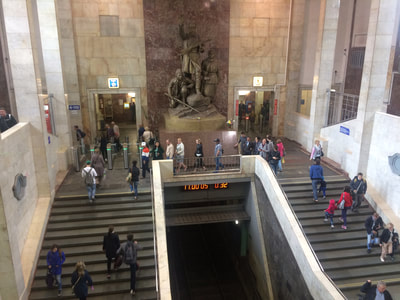
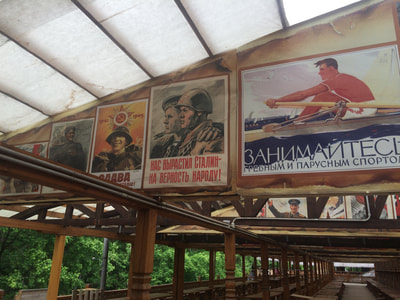

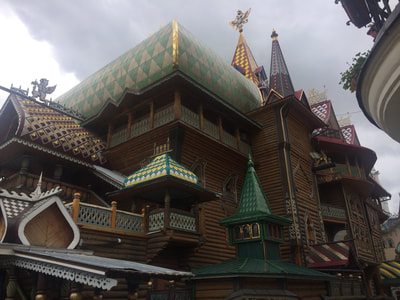
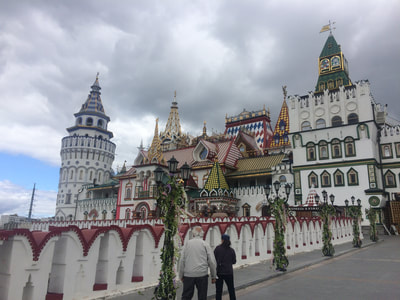
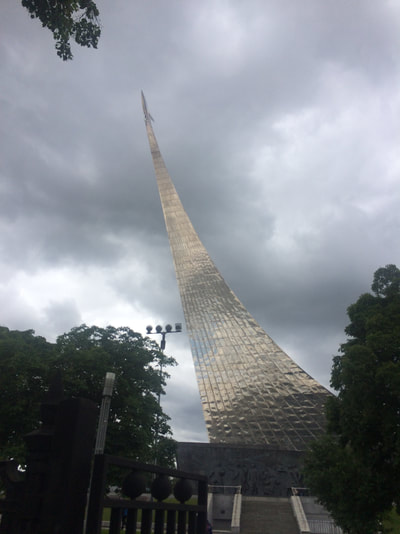
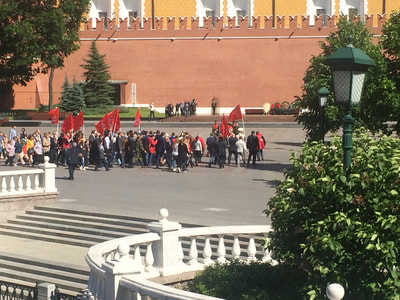
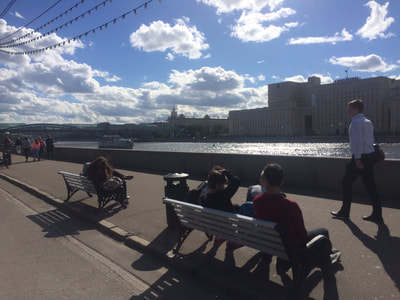
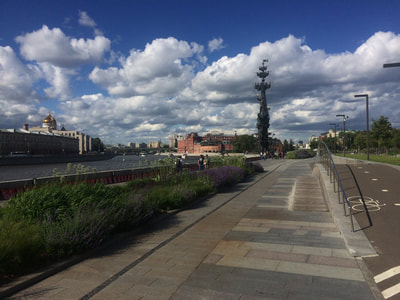
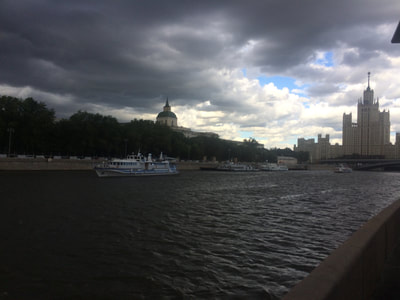

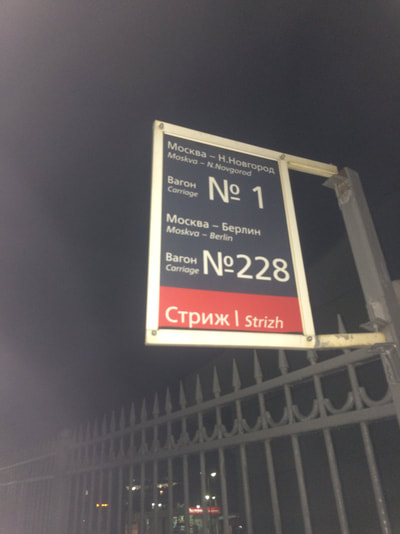
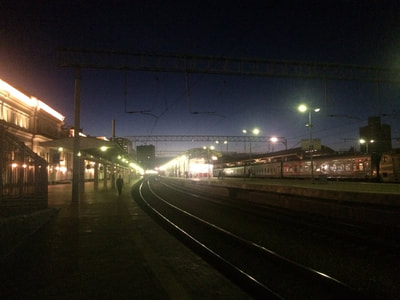
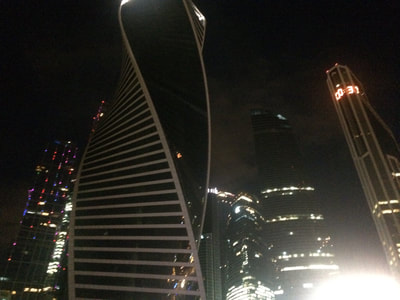

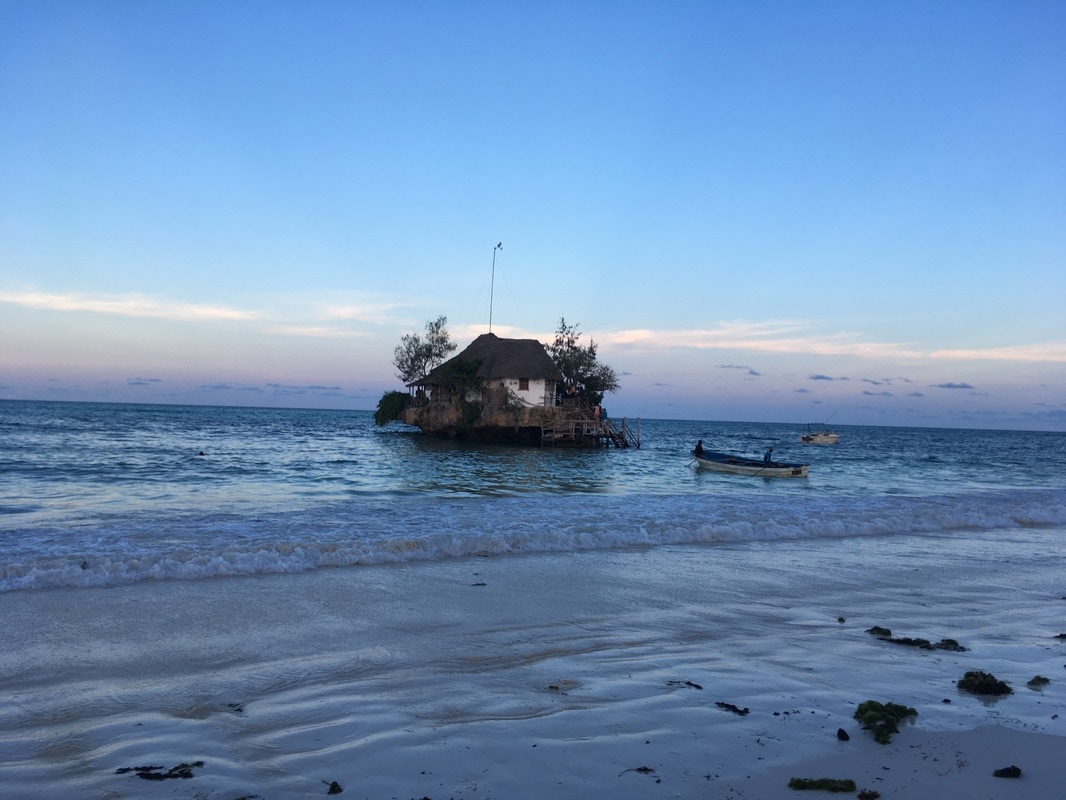
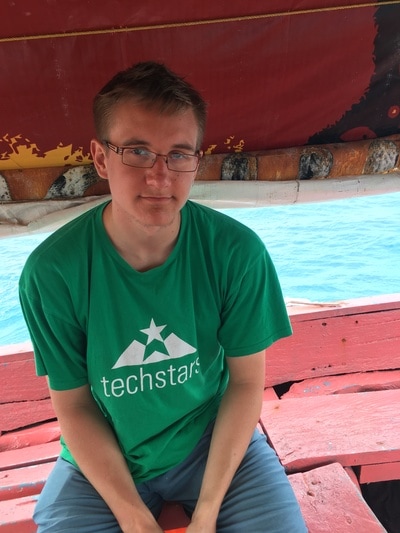
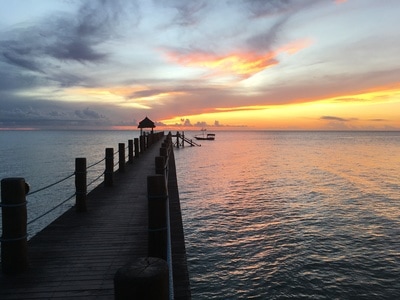
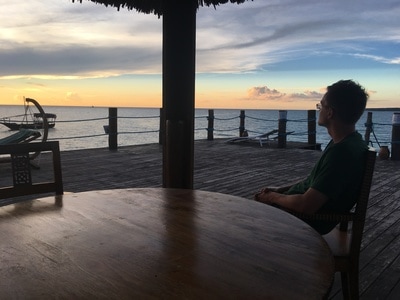
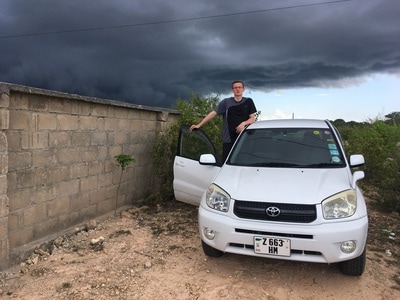
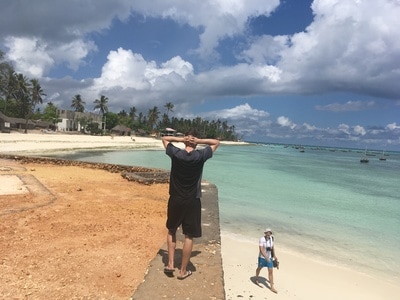
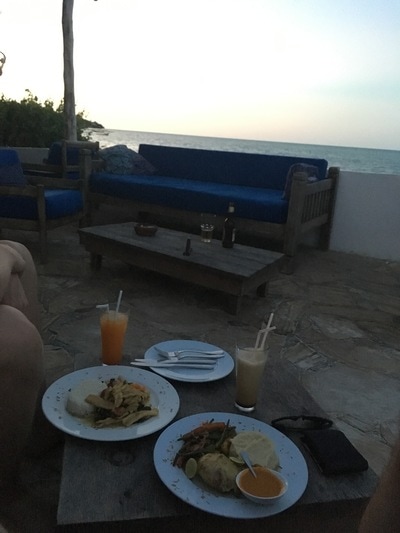
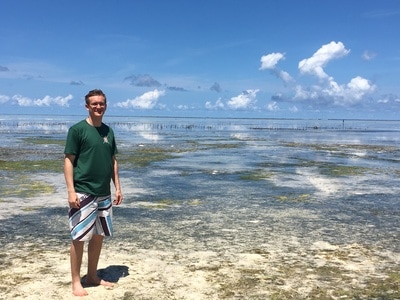
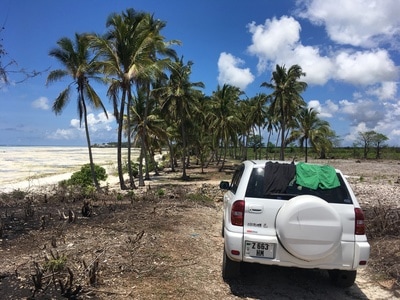
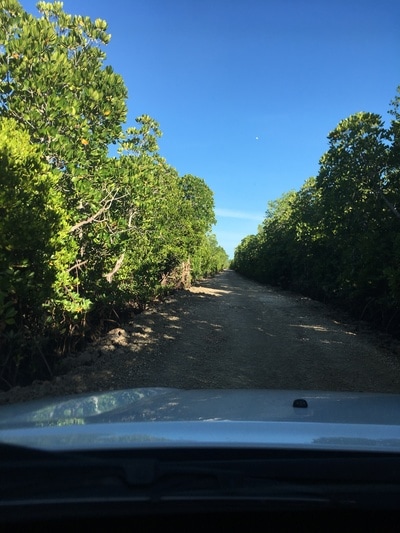
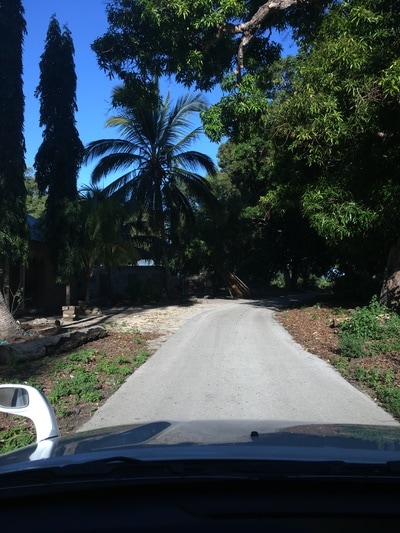
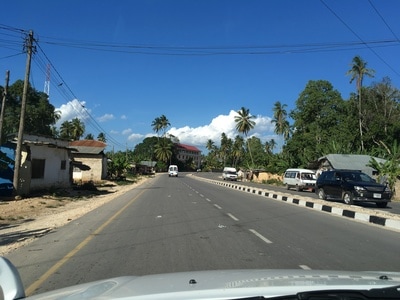
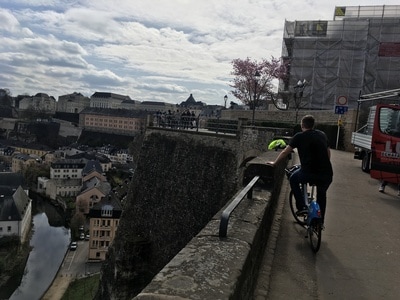
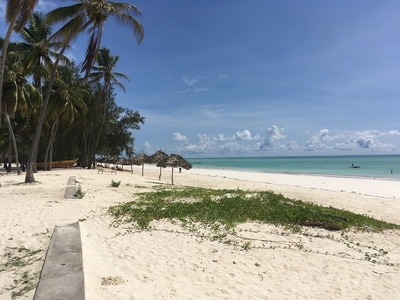
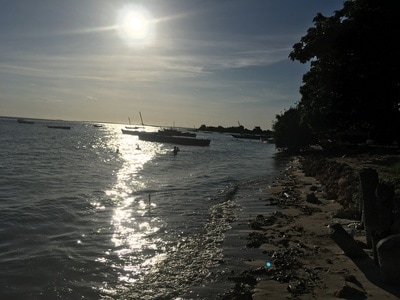
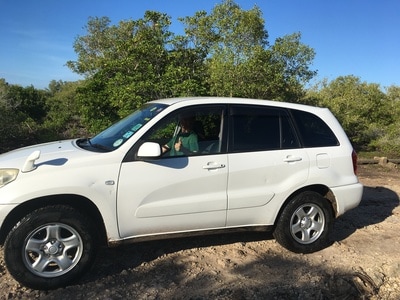
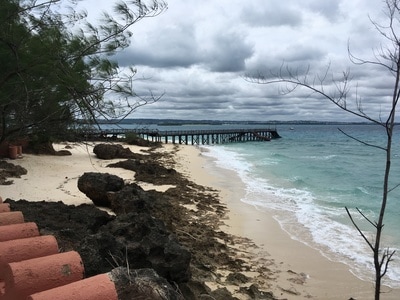
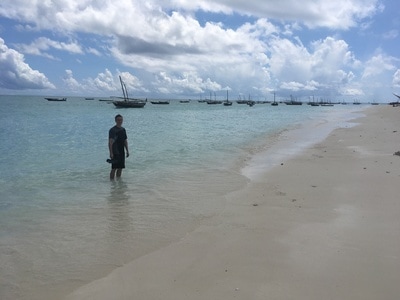
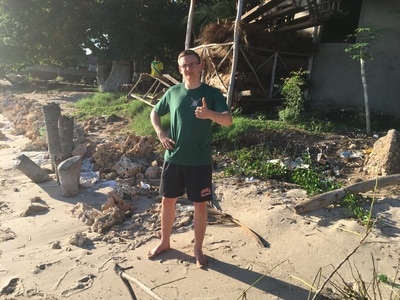
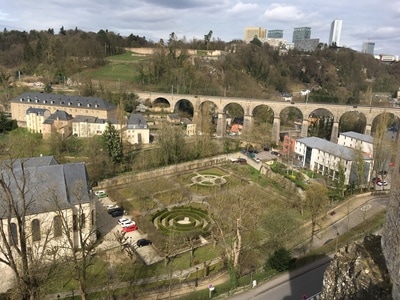

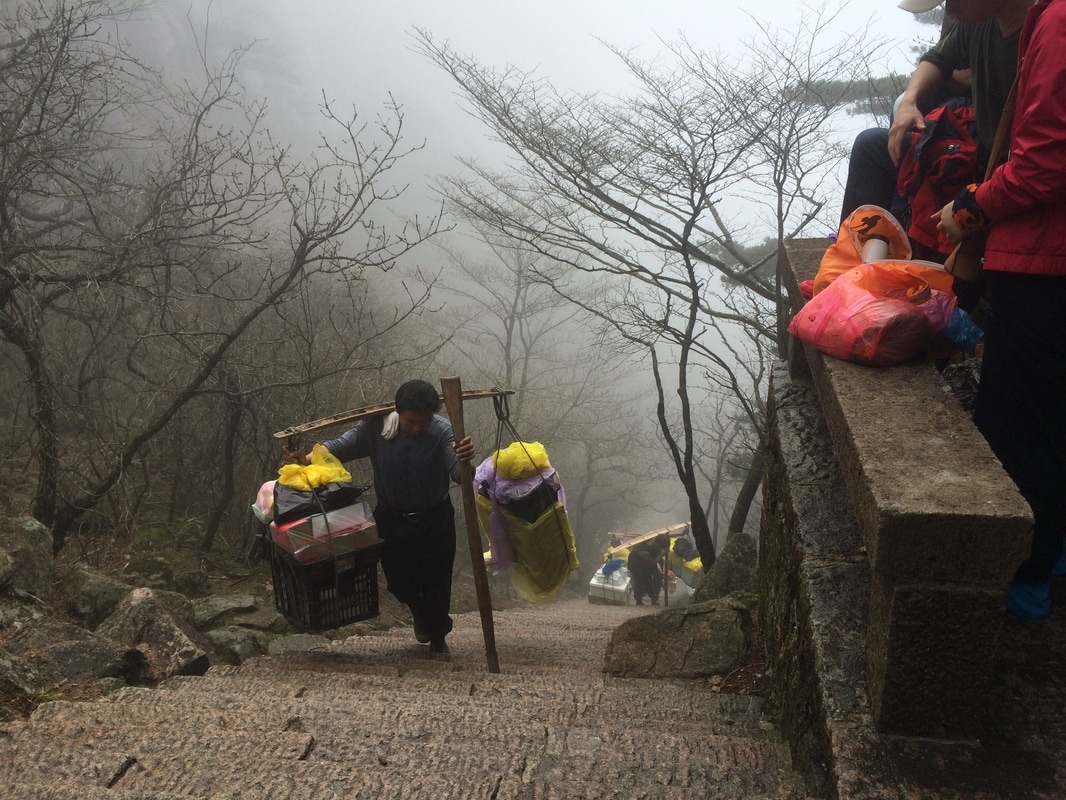
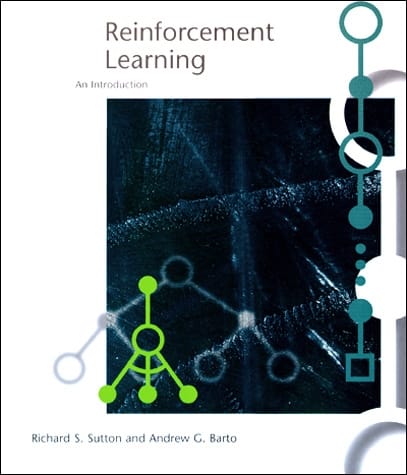
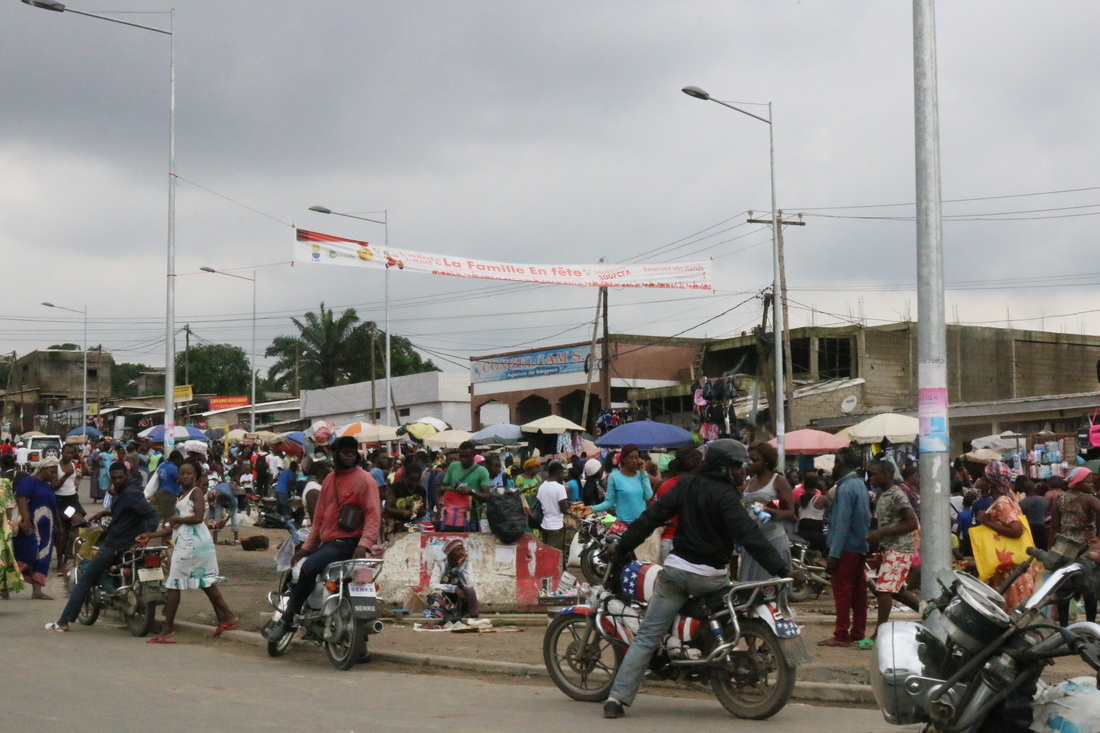
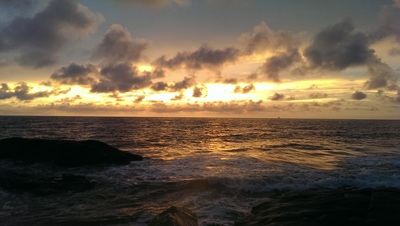
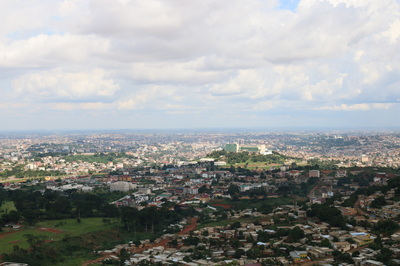
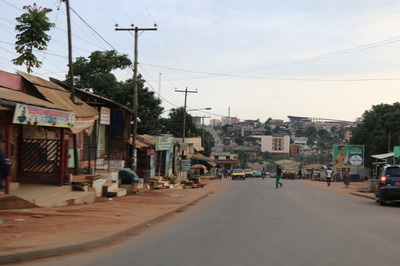
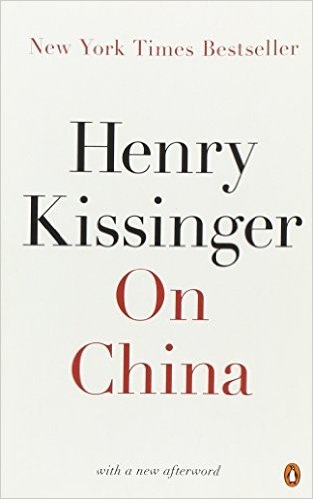

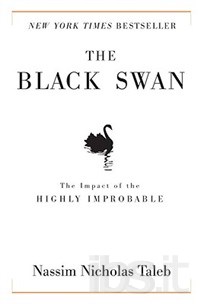
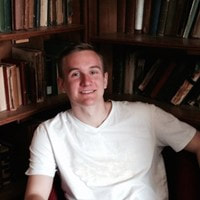
 RSS Feed
RSS Feed
